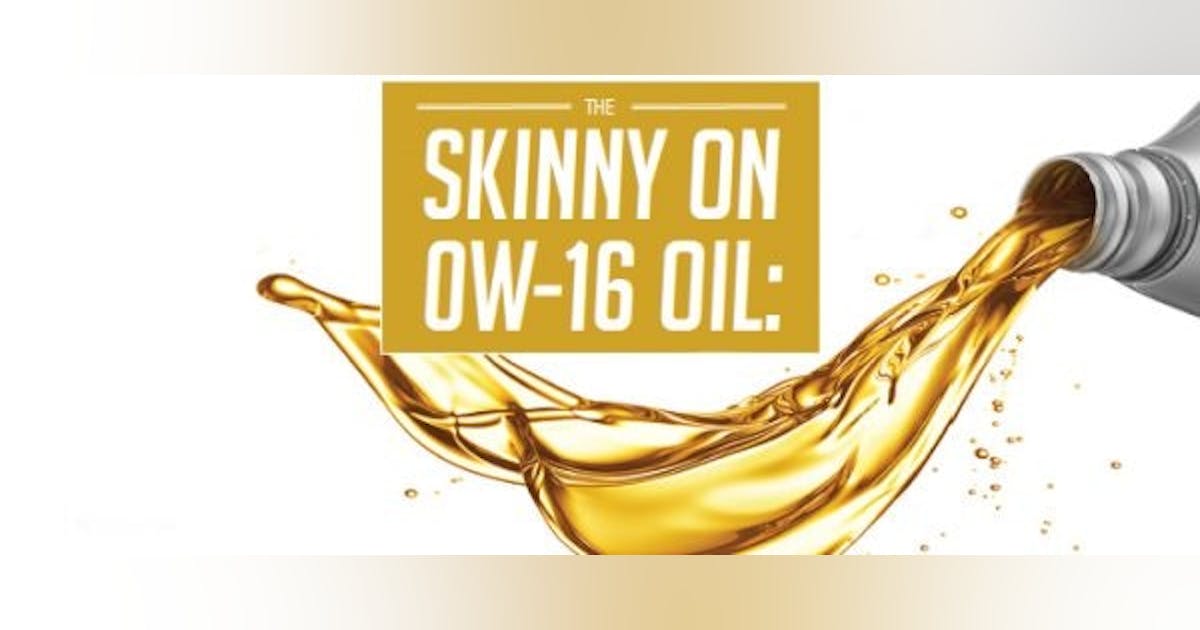I talk to my dealer, and they say that it's critical that I use 0W/16 oil, which is as rare as hen's teeth, instead of the typical 0W/20 that I can buy at Walmart. I couldn't imagine that reducing the heavy (or is it the light) side of the oil by 4 points would make any significant difference. But what do I know?
So I contacted Blackstone Labs in Fort Wayne, IN. They do the oil analysis on my Porsche 911 Turbo. If anyone knows about Oil, they should. Here's the email that I got back.
larry
So I contacted Blackstone Labs in Fort Wayne, IN. They do the oil analysis on my Porsche 911 Turbo. If anyone knows about Oil, they should. Here's the email that I got back.
So, it's your choice. Honestly, I'm leasing my car, and since Toyota gives everyone their first 2 oil changes are free, that takes you out nearly to a full 3 years. So, I won't have to worry about it for a while. But based on what Blackstone Labs said, I don't see the sense of paying for the "special oil."
larry








